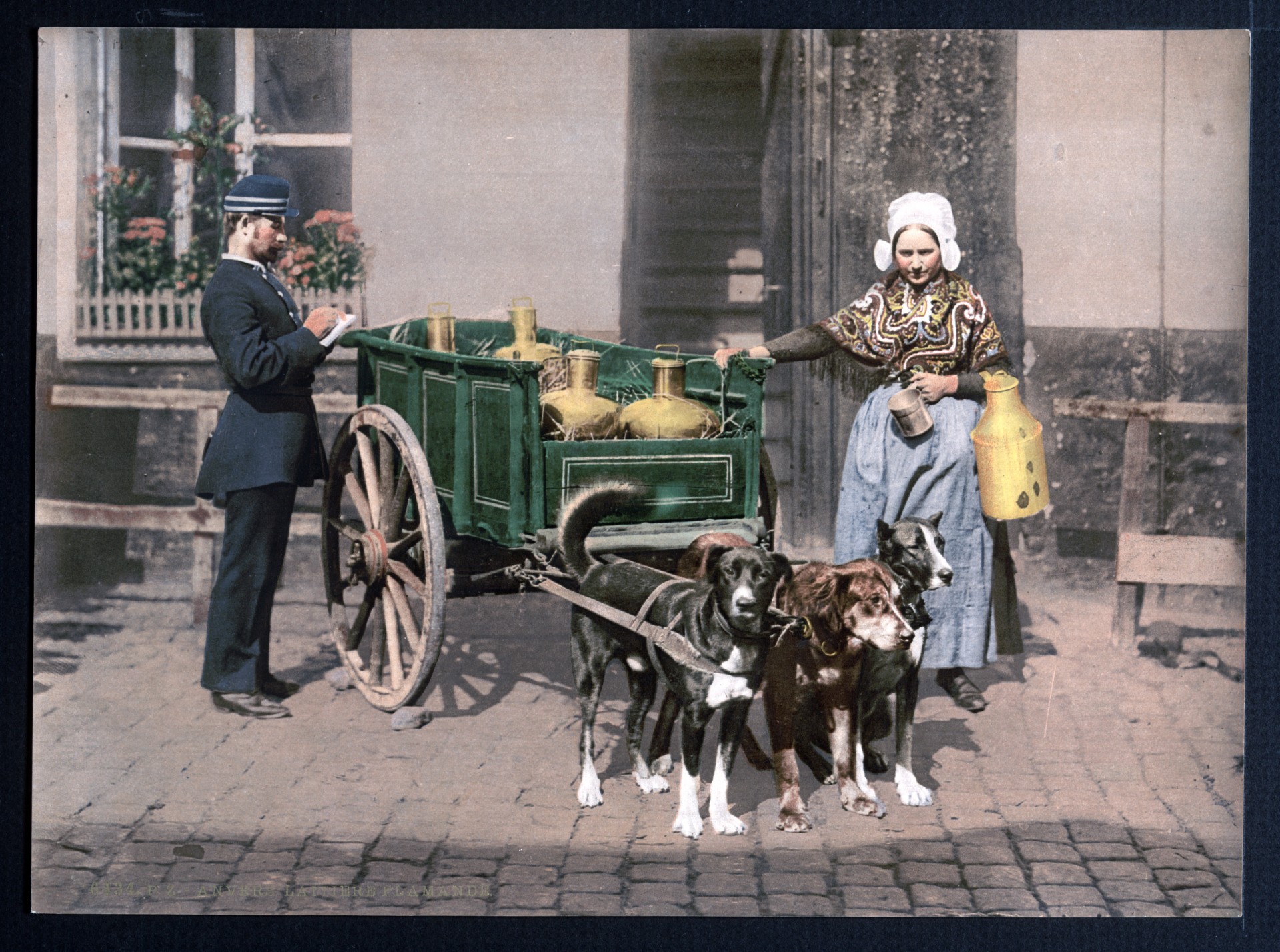
From George Busby, offering five examples, at the Conversation:
3. Our ancestors evolved surprisingly quickly
Interbreeding accounts only for a tiny amount of human adaptation around the world. Analyses of DNA are showing us that, as our ancestors moved around the world, they evolved to different environments and diets far more quickly than was originally thought.
For example, the textbook example of a human adaptation is the evolution of lactose tolerance. The ability to digest milk past the age of three is not universal – and was previously assumed to have spread into Europe with agriculture from the Middle East starting some 10,000 years ago.
But when we look at the DNA of people over the past 10,000 years, this adaptation – which is now commonplace in northern Europe – was not present until around around 4,000 years ago, and even then it was still quite rare. This means that the spread of lactose tolerance across Europe must have occurred incredibly quickly. More.
But why is lactose tolerance the sort of thing that was originally thought to be difficult to develop? The big story is the sudden appearance of complex traits, not simple ones.
See also: Making human brain evolution look gradual by ignoring enough data… We are used to governments’ disappearing monster deficits (and, to be honest, in some cases, disappearing people) this way. It feels squishier when scientists do it. Unless, of course, evolutionary biology isn’t really a science anymore. More a form of Darwinian storytelling where the preferred narrative is chosen…